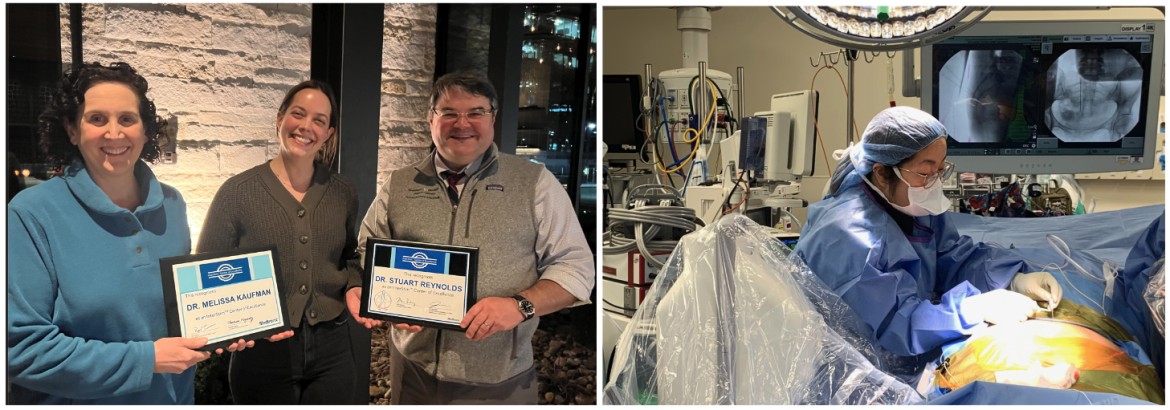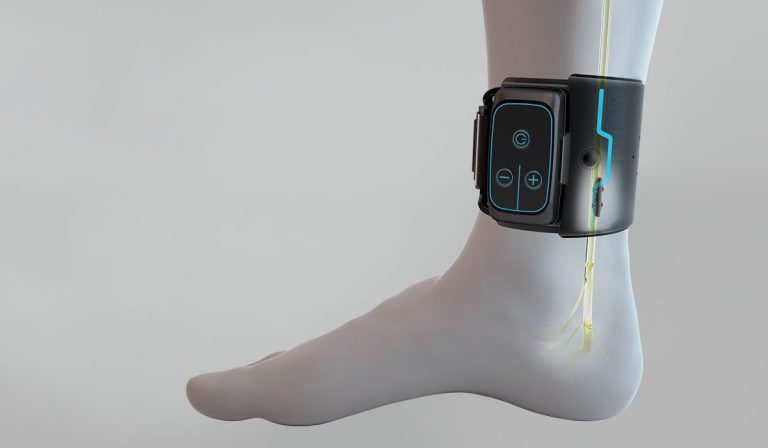Overactive bladder (OAB) and Urinary incontinence
VUMC Urology has a long track record for innovation in OAB and remains a leader in the care of patients with OAB, including advanced management techniques for difficult-to-treat cases. RUPH Faculty are internationally and nationally recognized clinical, research, and opinion experts in OAB.
Lifestyle and Behavioral Therapy, Including PFPT:
Many patients with OAB and urinary incontinence benefit from lifestyle modifications and pelvic floor physical therapy. VUMC Urology works with many of the best pelvic floor physical therapists (PTs) local to the Nashville and central TN areas to help patients. In addition, our providers collaborate closely with health psychologists in the Urology clinic who provide innovative cognitive behavioral therapy and hypnosis for OAB patients.
Medical Therapy:
Medications are the mainstay of OAB treatment for many patients. Our providers have always been on the cutting edge of medical therapy, often working with industry partners to introduce the newest, most effective medications to patients. Our faculty have also been key research leaders to ensure patients are getting the best and safest options to manage their condition.
- Vibegron for the treatment of overactive bladder: a comprehensive update
- Comparative Effectiveness of Anticholinergic Therapy for Overactive Bladder in Women: A Systematic Review and Meta-analysis
- Increased risk of incident dementia following use of anticholinergic agents: A systematic literature review and meta-analysis
Botulinum Toxin Bladder Injection:
VUMC Urology has a long history using botulinum toxin for OAB. Senior RUPH Faculty Dr. Roger Dmochowski was instrumental in directing many of the early studies examining the use of Botulinum Toxin bladder injection for OAB. All our FPMRS Faculty routinely perform this procedure, typically in the Urology clinic/office.
Nerve Stimulation and Neuromodulation:
VUMC Urology has been using sacral neuromodulation techniques for OAB and urgency incontinence since 2002 (the original Interstim device was first introduced in 1997). The RUPH faculty are nationally recognized experts in this field and perform over 150 new sacral neuromodulation implants each year. Our clinic staff are also highly experienced in managing and caring for patients with sacral neuromodulation devices. Peripheral Tibial Nerve Stimulation (PTNS) is also a great option for patients who want to avoid surgery.

Emerging Technologies:
VUMC Urology physicians are continuously involved in the development of emerging and new technologies for the management of OAB.
OAB Research:
RUPH Faculty are involved in innovative and impactful research in many aspects of OAB and incontinence. This work is supported by a variety of funding sources, including internal grants from VUMC (VICTR) and external grants from the US government (NIH), professional organizations (SUFU), and healthcare industry.
